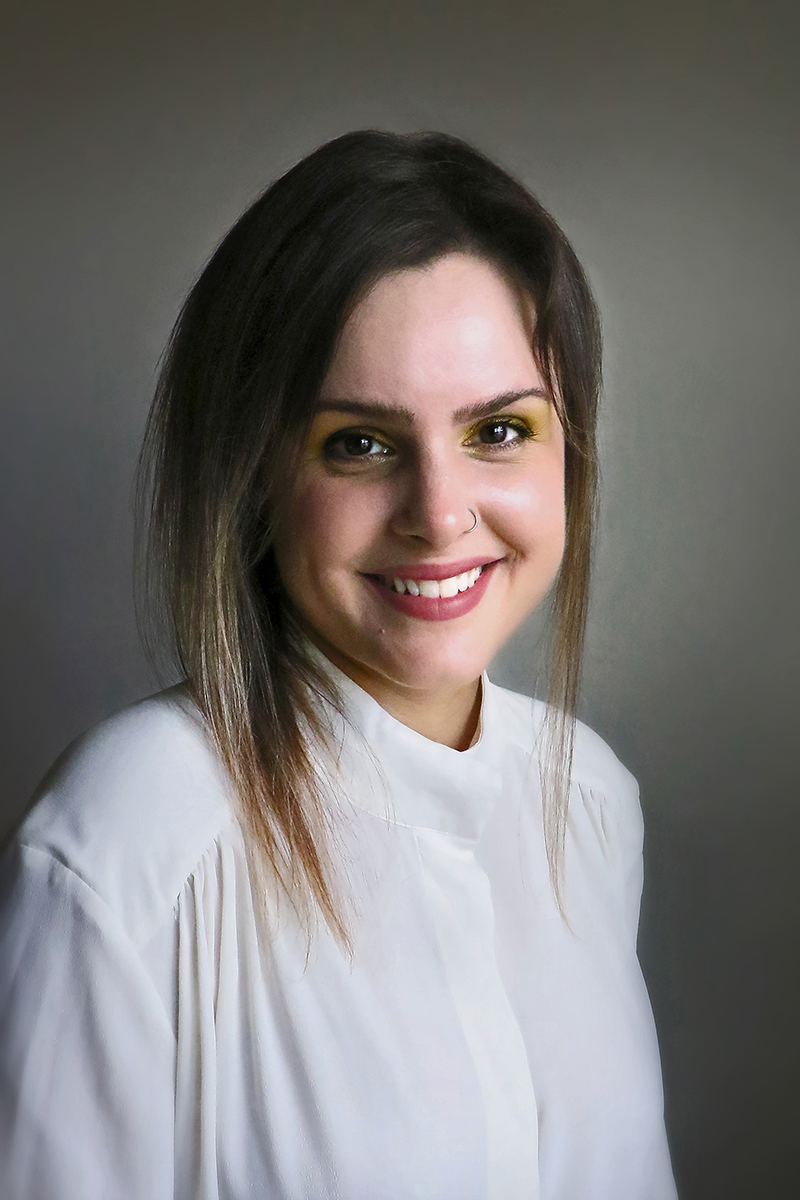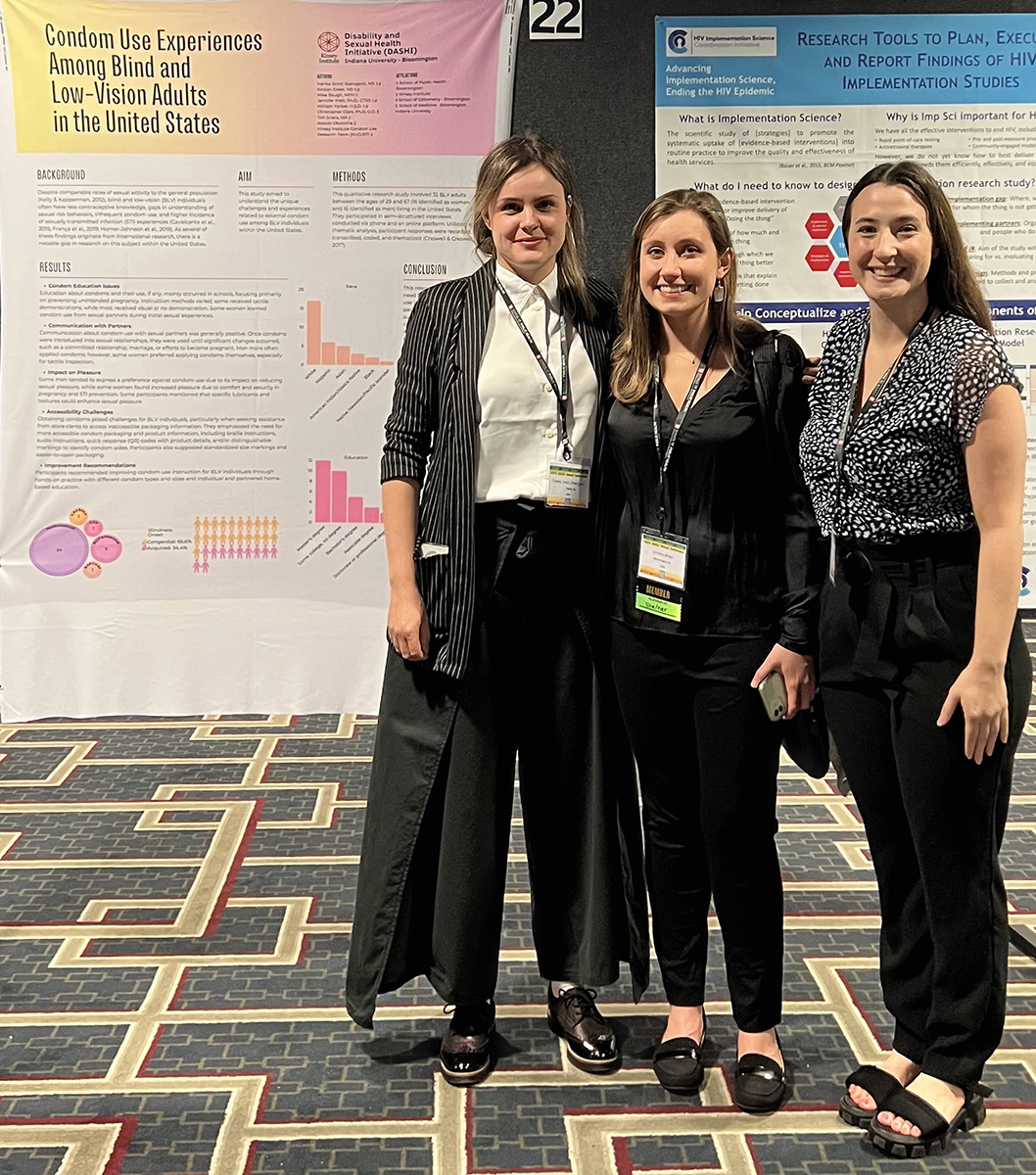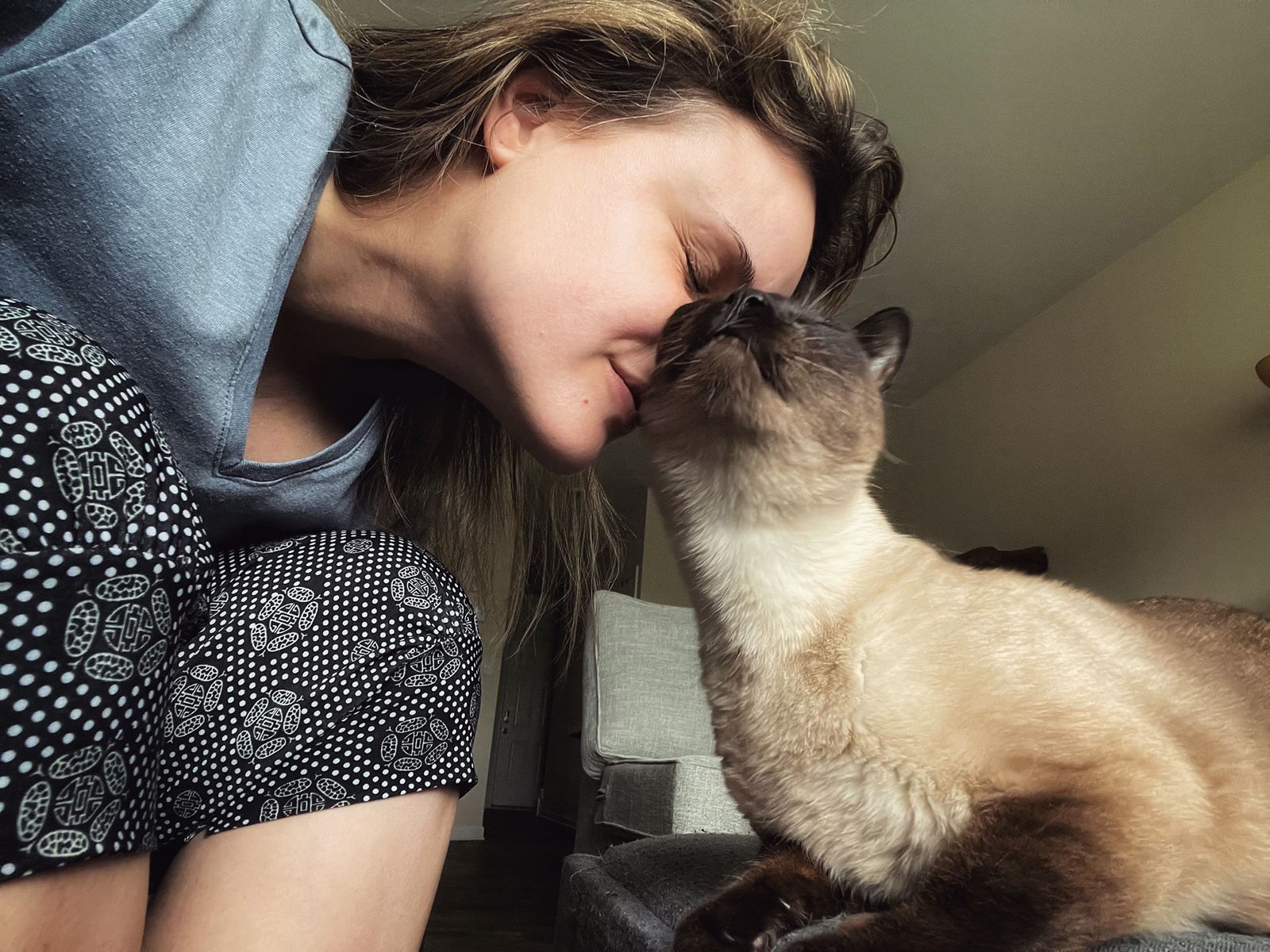How did you get to where you are today? What has your career path been like?
As a student in the School of Special Education and Rehabilitation at the University of Belgrade, Serbia, I worked part-time as a special educator and assistant to students with intellectual and developmental disabilities (IDD). Through my one-on-one work with teenagers and young adults, I gained firsthand insight into their desires for intimate relationships, as well as the lack of support they receive in this aspect of their lives. During my undergraduate and graduate studies, I received no education or training on how to support the sexual lives of people with disabilities. Honestly, I did not even realize that research in this area was possible. That changed when I was recruited by Dr. Jen Piatt to join her team focusing on sexual health and disability as a doctoral student at Indiana University. This opportunity ended up being a life-changing experience for me.
What are your primary research interests? What current research project(s) are you involved in or particularly excited about?
My research focuses on the sexual health of marginalized and minoritized populations, such as LGBTQ+ individuals, women, and people with disabilities, particularly those with IDD. I am passionate about creating sex-positive and LGBTQ+ inclusive sexual health interventions, education, and professional training grounded in self-advocacy and empowerment. Since last August, I have become involved in several CSHP projects, and I am thrilled about each one. A project I am especially excited about explores autism and sexual behaviors, particularly rough sex. Other projects on sexual choking have already greatly expanded my knowledge in the field of sex science and I am truly excited to continue expanding my expertise in this area. I am also looking forward to upcoming projects focusing on women’s orgasms and the sexual behaviors of adolescents and young adults.
What do you enjoy most about your job?
The sense of discovery that comes from revealing important truths about human sexuality and behavior—knowledge that can be used to improve lives and bring more happiness—is incredibly rewarding. It is a privilege to have a job that brings you pleasure and joy, one that effortlessly pulls you into a state of flow, much like leisure activities where you lose track of time and place. The opportunity to broaden my perspectives, expand knowledge, and grow as a person is truly invaluable. I constantly remind myself how fortunate I am to do what I love and to experience continual growth along the way.
What advice do you have for students who are interest in a career in sexual and/or reproductive health research?
Just go for it! I have yet to find another field where researchers are so passionate about their work that they talk about it even after hours or during social outings. The sex science community is fantastic because it allows us to discuss topics we are passionate about without having to justify their importance or worry about making others uncomfortable—no matter how explicit the subject. Additionally, the collaborative nature of sexual health research opens up a wide range of opportunities, and people from other fields are often curious and eager to collaborate with sex researchers, contributing to even more ways to expand your knowledge and network.
What do you enjoy doing when you're not at work (e.g., hobbies or interests)?
Other loves in my life include my partner, Cheda, and our cat, Hendrix, who moved with us from Serbia when we relocated to the U.S. for Cheda’s doctoral program at IU. We love playing board games and have built a nice little collection since moving here. I am also a bird enthusiast and started my birding life list a year after we settled in Indiana. Photography is another passion of mine, which pairs well with birding, though it means I often need to get more storage for all the photographs I take.




